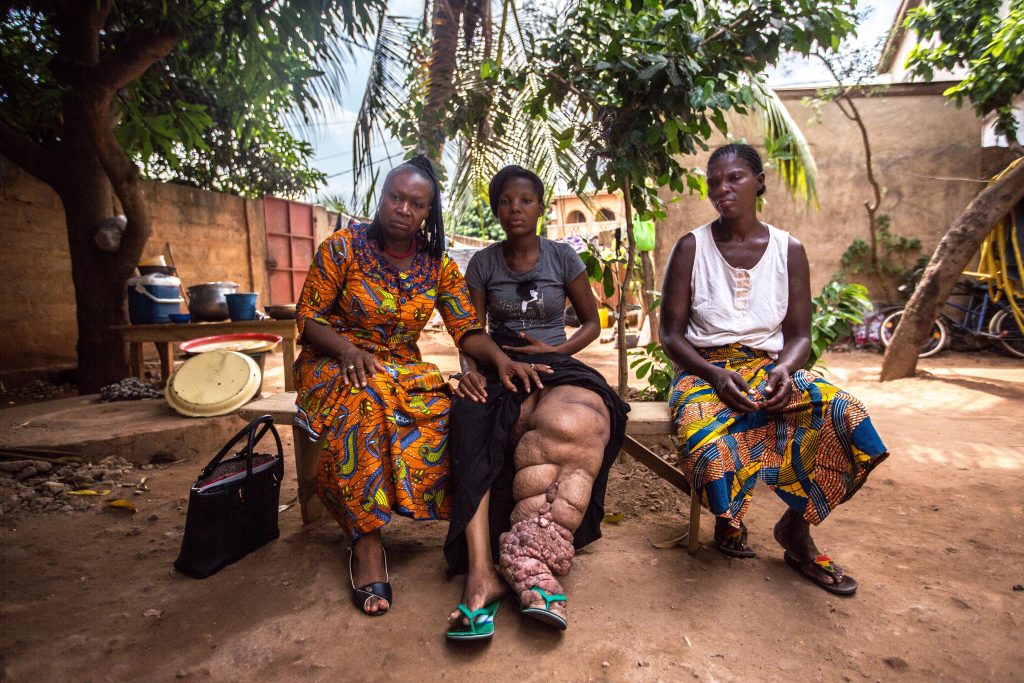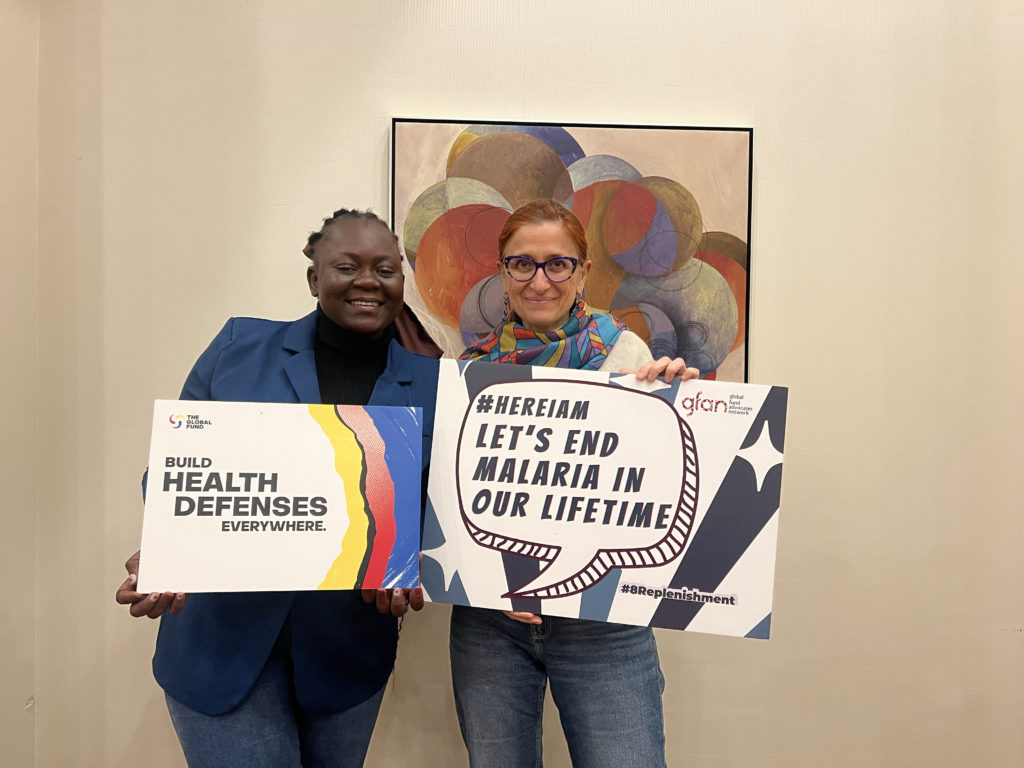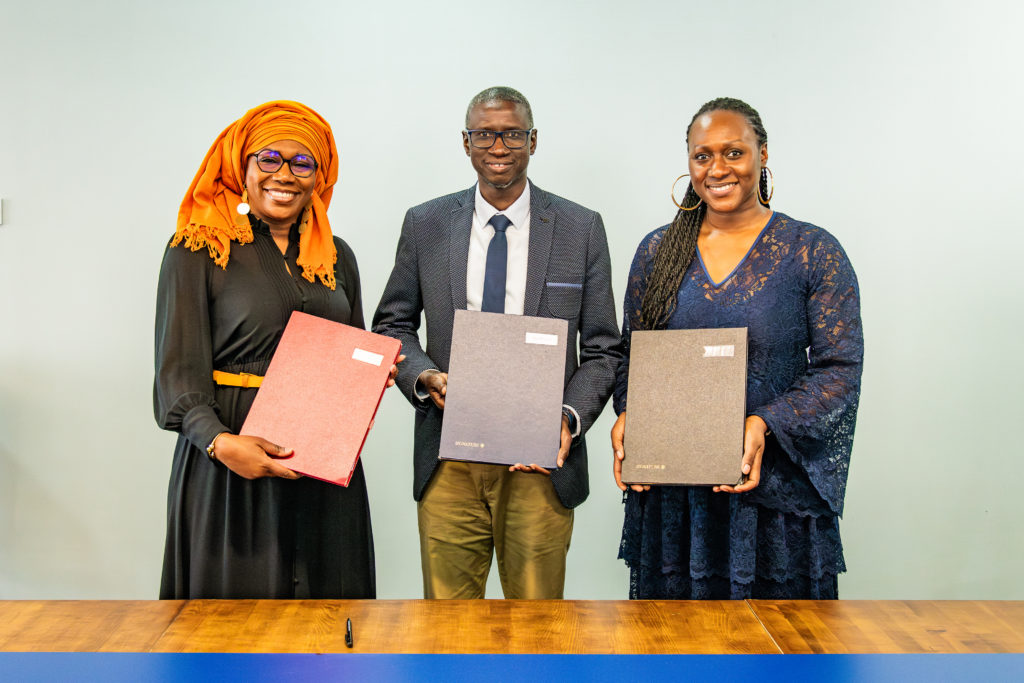The world’s most neglected diseases, affect women the most
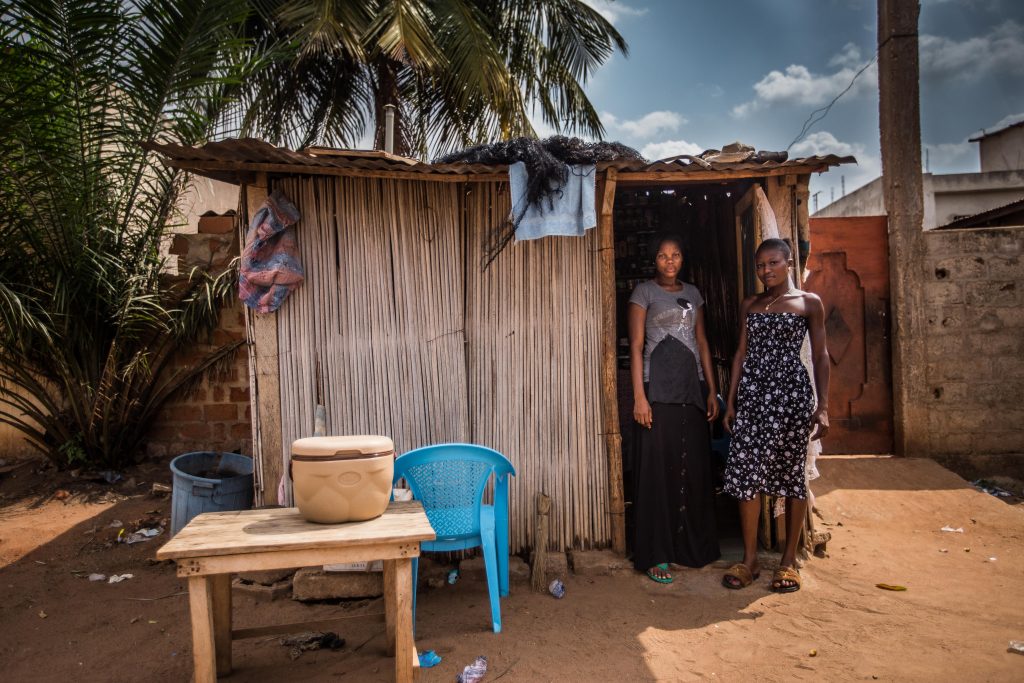
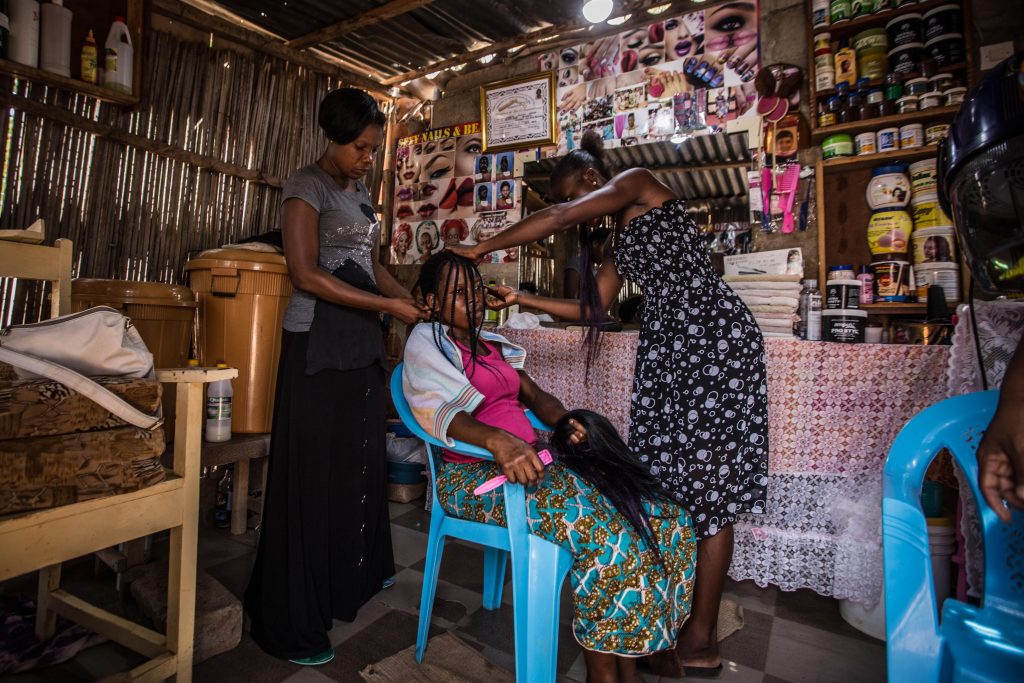
At first glance, Adzo Kouwonou looks just like any woman of her age. You might not notice anything different when you look at the 25 year old hairdresser who lives in Lomé, the capital of Togo, unless you observe her walking or see her wearing anything other than a long, loose skirt. Adzo suffers from lymphatic filariasis (LF) commonly referred to as elephantiasis, a mosquito borne disease that poses a serious threat to approximately 406 million people living in Africa. When chronic, the disease results in lymphoedema (tissue swelling), elephantiasis (skin/tissue thickening) of limbs and hydrocele (scrotal swelling). Such deformities not only result in stigmatization and high medical costs, but also impede the patients’ ability to earn income. Adzo, who was born mute[CK1] [CK2] , got lymphatic filariasis in childhood and has suffered from its debilitating effects since then.
Lymphatic filariasis is one of the top five most common neglected tropical diseases, a group of diseases that affect more than 1.5 billion of the world’s most impoverished people, killing 170,000 people a year. What the figures mask is the fact that for those who live they will likely deal with severe disfigurement and other long-term disabilities that create obstacles to education, employment, economic growth and overall development.
There is one group even more likely to suffer disproportionately from NTDs – women and girls.
Women bear the biggest burden from neglected tropical diseases, not only due to biological and physical factors, but also socio-cultural norms which increase their exposure to the disease. For example, women and girls, perform two thirds of water collection exposing them to water-borne diseases such as schistosomiasis (bilharzia). Women are also most likely to be primary care-givers and girls are most likely to drop out of school to take care of sick family members, increasing their exposure to such diseases.
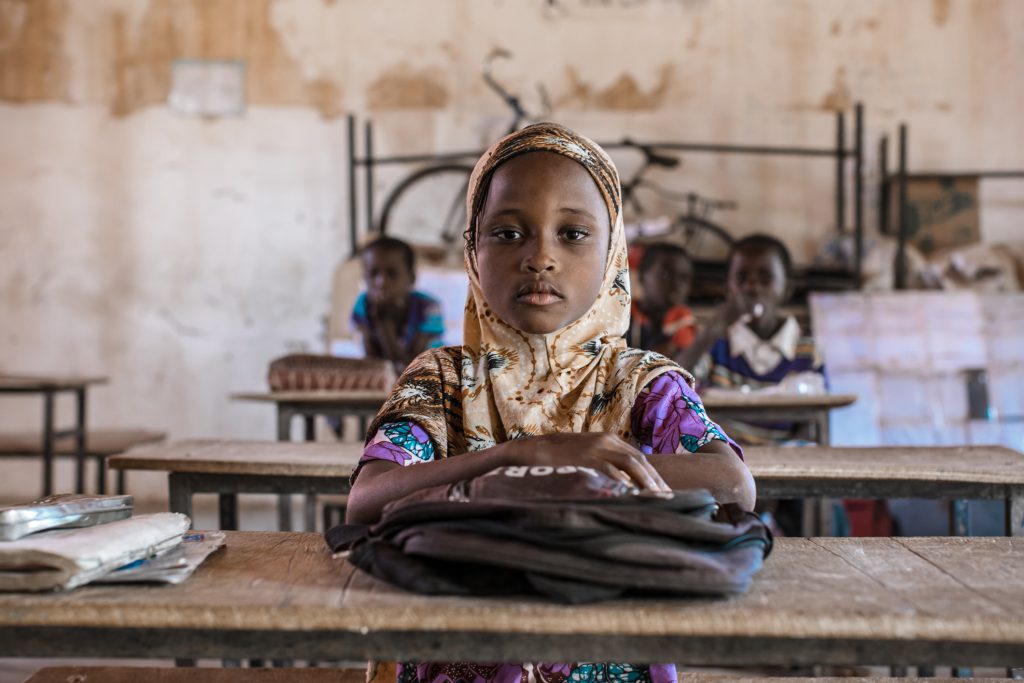
Mansoura is similar to many 11 year old girls in the world in that she loves school, has a close-knit family and a group of friends that she loves to play and dance with and she has great dreams for her future. Every so often though, she suffers from bouts of intolerable pain in her stomach that keeps her from school and her play-buddies while causing severe emotional and financial distress to the family that loves her. The young girl who lives 30km from the capital of Niger, Niamey, suffers from schistosomiasis, commonly known as bilharzia.
Women who contract schistosomiasis are up to 3 times more likely to contract HIV/AIDS.
Another NTD, Trachoma, which is the leading infectious cause of blindness worldwide causes the inside of the eyelid to become so severely scarred and turn inwards, making eyelashes rub against the eyeball resulting in constant pain and light intolerance. Women account for up to 80% of disability-adjusted life years that are linked to blindness caused by trachoma.
While there have been positive changes in the fight against NTDs in the past decade, much more is required if the continent is to completely eliminate them.
One such example of a large initiative to end NTDs is The Expanded Special Project for Elimination of Neglected Tropical Diseases (ESPEN), a World Health Organization project founded in 2016 mobilize political, technical and financial resources to accelerate the elimination of the five most prevalent NTDs amenable to Preventive Chemotherapy. Speak Up Africa, a Dakar headquartered, African policy and advocacy action tank that has one its major focus areas as NTDs, identifies three key areas needed for Africa to eliminate NTDs. There needs to be political commitment, a budget line dedicated to NTDs and strong partnerships. As such, programs such as ESPEN or initiatives such as No to NTDs movement, are extremely valuable. There have been successes e.g. In 2017, Togo eliminated lymphatic filariasis as a public health problem while Ghana did the same with trachoma in 2018.
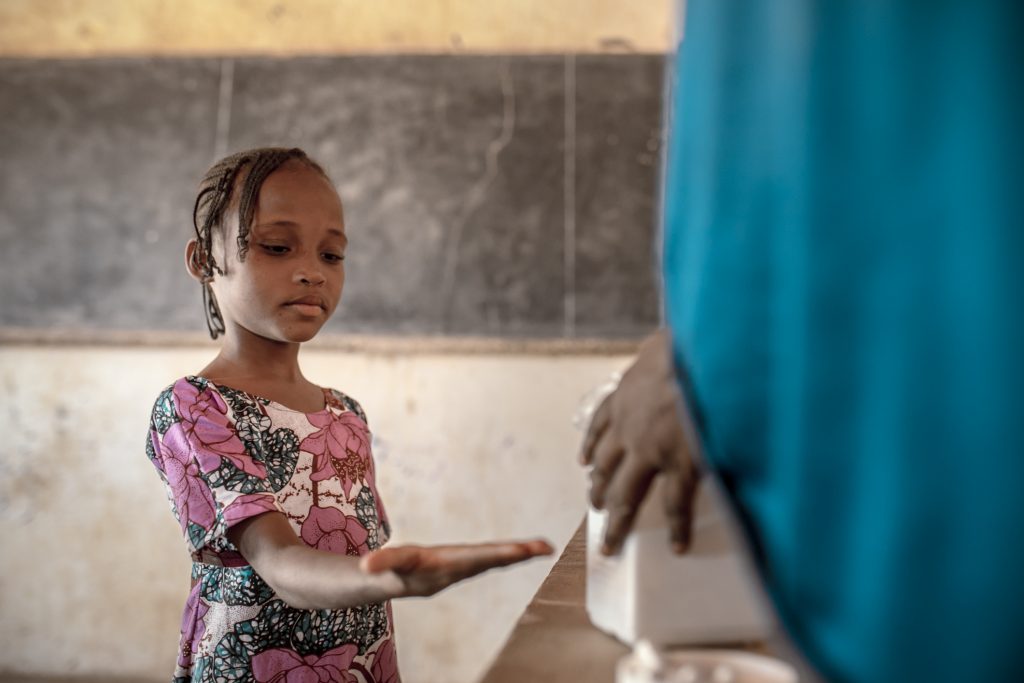
The road ahead is still long. Whilst Africa represents nearly 40% of the global NTD burden with 600 million people requiring treatment, today only 0.6% of global health funding is dedicated to the elimination of these diseases. The cost-effectiveness of NTD programs is arguably one of the best health investments in global public health today – with small investments yielding large returns.
This International Women’s Day, with the theme, I am Generation Equality, we need to address all the various issues that hamper the progress of women and girls such as Adzo and Mansoura, including NTDs. Equitably improving access to reach the most vulnerable populations such as women and children, will enable these women to more fully contribute to their societies and the development of the continent.
Ciku Kimeria is a communication consultant at Speak up Africa in Dakar, a policy and advocacy action tank. Learn more on the “No to NTDs” movement on https://www.notontds.org/. No to NTDs brings together individuals, political leaders, private sector companies and Civil Society Organizations (CSOs) to increase awareness, prioritization and national commitment to accelerate the control and elimination of NTDs in Africa.
